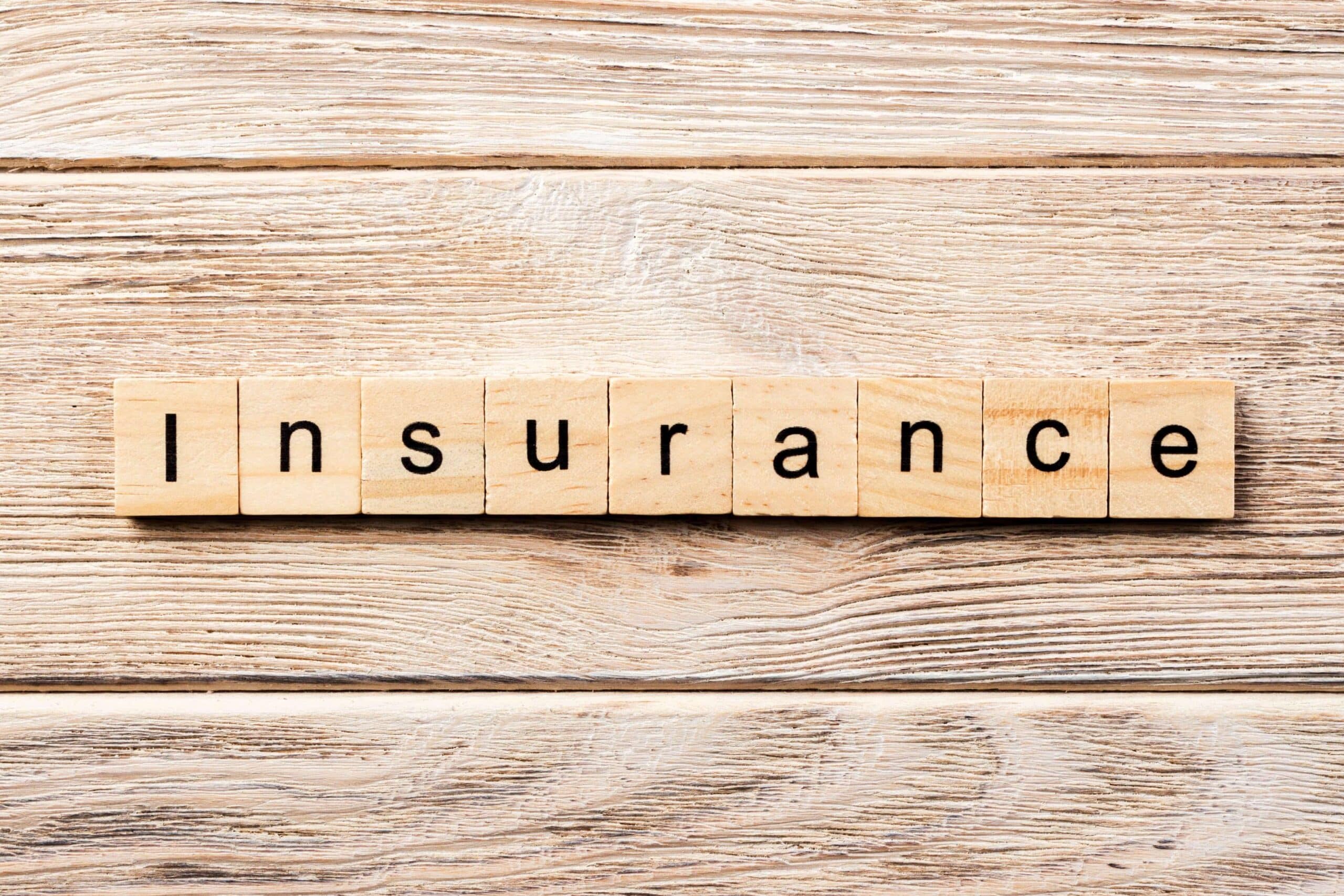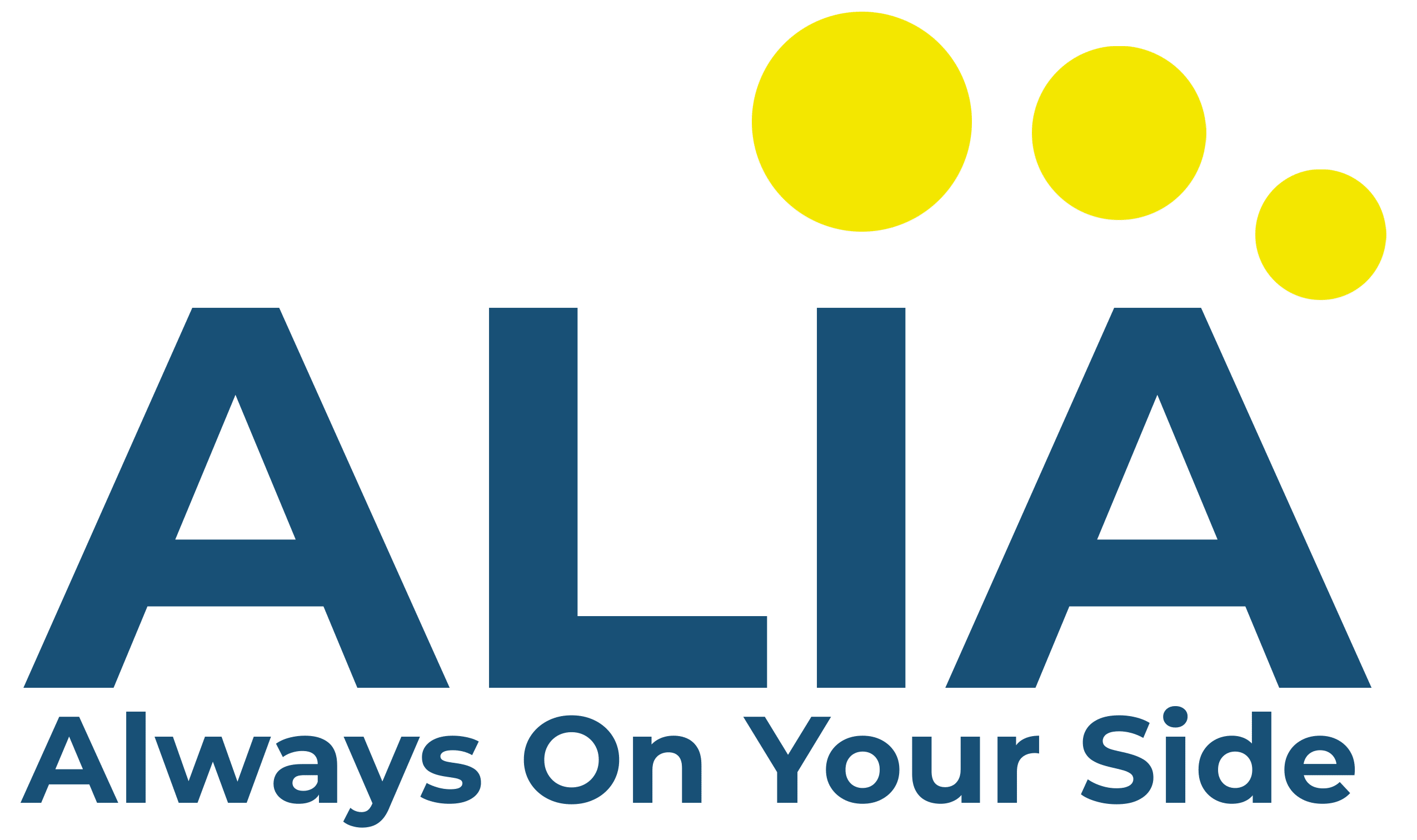
Life insurance brings much value apart from the protection it provides. People often forget that there is cash value tied up with it. For those that do know, several types generate immediate cash value as soon as you get your policy. It all depends on what you get and the coverage within.
Understanding the cash policy will allow you to make crucial monetary decisions that leverage your plan. This blog will explain what you need to know about this sort of life insurance policy.
What Is Cash Value?
The cash value component of a life insurance policy refers to its investment feature. These policies often have a value that grows over time as the insurance matures. Some people keep this on hold for the long term, while others may use them as needed to borrow or withdraw the cash value component, depending on your policy.
It’s often tied to the policyholder and does not pass on as a death benefit. You need to collect it when it makes the most sense. If not, you’ll end up wasting the money as it will return to the provider.
Types of Policies With Immediate Cash Value
The immediate cash value you get from these policies will depend on the type you choose. You should avoid term life insurance if you’re looking for cash value. It’s because they do not have that feature included.

Here are the types you should look for:
- Universal Life Insurance: You’re guaranteed a minimum when you have universal life insurance. That amount will accumulate over time as you make payments. One of the benefits of universal life insurance is that they’re more customizable when it comes to its features.
- Whole Life Insurance: The cash value accumulation for whole life insurance is the same for the universal. Your fixed monthly payments let it grow, but you also have options to increase its growth. For example, your employer can add contributions to it as well.
- Guaranteed Issue Life Insurance: This policy provides a guaranteed minimum coverage. You’ll have to check if the cash value is a part of the policy, though its growth potential is more limited. The amounts usually used in this type are smaller, so its potential to accumulate isn’t as high as others.
How To Access the Money
You have several ways to access the money within the policy once you have it. These may have limitations, depending on the policy you choose. Here’s what you can expect.
Surrendering the Policy
Surrendering the policy means canceling it, though you can still withdraw the accumulated cash value. However, it comes at the cost of losing coverage. You may not get the total cash value as the insurance company may place deductions when processing it. There may also be fees for surrendering the policy.
Borrowing
It’s possible to borrow from the policy’s cash value. You can take the loan, and it accrues interest like any debt. The company will deduct the loan from the death benefit if you pass away before taking it, but the dollar amount depends on its cash value when you decide to take the loan.
Exchanging Cash Value
Most permanent life insurance plans have the option for you to convert the cash value as payment. However, it will have income tax, so you may not get the expected amount. Exchanging it may also affect other features, like the death benefit, since they usually correlate. Your loved ones may end up getting less because you’ve withdrawn.
Converting Cash to Premiums
One way to use cash value from your policy is to convert it into a premium payment if you’re short on cash. You’ll have to contact your agent and tell them how you will use the cash value. However, you must be aware of the amount left within your policy, as you could lose it if you run out.
How to Cancel
You can cancel by contacting your insurance company at any time, but processing may take some time. When you decide to cancel, you’ll get a lump sum of the accumulated cash value, or the company may provide you with an annuity. It depends on the policy and the money you’ve saved using it.
The company will usually require you to send a cancellation letter as documentation. You’ll have to include information regarding your policy and why you want to cancel. You’ll enumerate the details of your policy and how you want to get the cash value within.
Pros & Cons
Getting immediate cash value is beneficial because it can earn interest immediately. We all know it can add up if you give it enough time. Having access to the money also provides convenience, especially if you are in an emergency.
The immediate cash option also means you’ll get a lower death benefit. However, these types of insurance usually require larger payments to access features. You’ll also have to know the benefits and value to avoid losing it.
Final Thoughts
Getting cash from your policy can help you during financial hardship. It’s also a way to get value from it when you feel it no longer has other uses. You can opt to sell your policy or withdraw the money directly.
However, you must read the fine print and clarify the cash value options available. Some rules differ from each policy. You’ll want to find out what you can do and the restrictions on these policies. That way, you won’t end up getting any unwanted surprises.
Considering Life Insurance? Give Us a Call
There is a ton more to discover about life insurance. We are aware that you could have further inquiries concerning insurance and investing. For more details on anything life insurance-related, see our blog! There is no need to search deeper for solutions that are instructive and useful. We also offer training courses through our Agency Builder Program! Get in touch with us today by calling 818-237-5747 for everything about investments or insurance.
